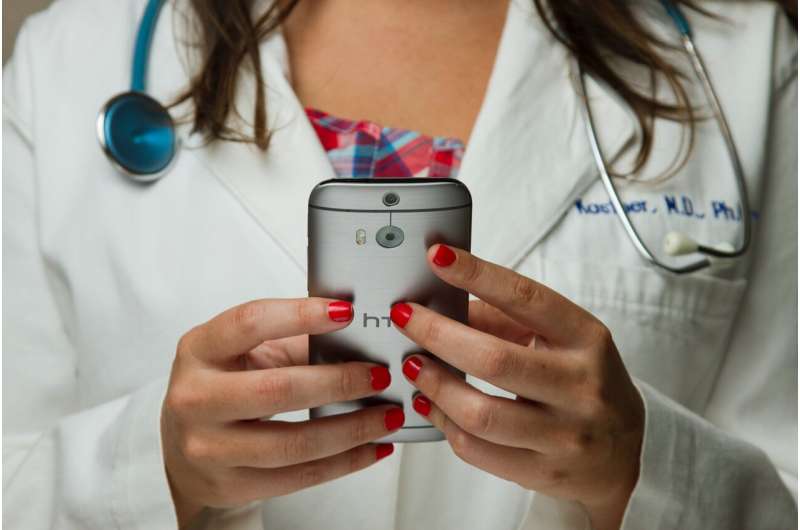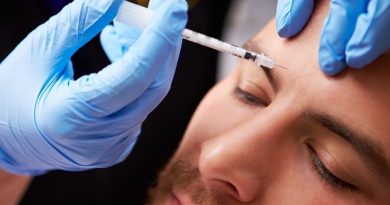Social media messages from health care workers help reduce travel-related COVID-19 spread

A randomized evaluation of a nationwide information campaign on Facebook found that short messages from physicians and nurses had a significant impact on reducing holiday travel and decreasing subsequent COVID-19 infection rates. Researchers found that the campaign, which reached almost 30 million Facebook users, was an impactful and cost-effective way to slow the spread of COVID-19 and enact behavior change.
This study was designed by an interdisciplinary research team, based on a growing body of literature on the effectiveness of physicians as public health messengers, to test how these messages would work at scale. The research team includes academics from MIT, Harvard University, Massachusetts General Hospital, Online Care Group, Stanford University, Ludwig Maximilian University of Munich, Bozeman Health Deaconess Hospital, Yale University, Lynn Community Health Center, Johns Hopkins University, St. Anthony North Family Medicine, Paris School of Economics, and McGovern Medical School at the University of Texas.
Based on public guidance from the U.S. Centers for Disease Control and Prevention (CDC) urging people not to travel for the 2020 holidays, the campaign featured short messages from physicians and nurses encouraging viewers to stay at home in the lead-up to Thanksgiving and Christmas to prevent the spread of COVID-19. Across 13 states, Facebook subscribers in randomly selected ZIP codes in 820 counties in the United States were assigned to receive 20-second messages as sponsored content at varying amounts. On average, each user included in this study received two to three videos at Thanksgiving and three to four videos at Christmas.
In counties where a larger proportion of ZIP codes received high-coverage Facebook ads, the average distance traveled decreased by nearly one percentage point in the three days leading up to the holidays (a decrease was not detected on the day of each holiday). In the two-week period starting five days post-holiday (the average incubation time for COVID-19), COVID-19 cases declined 3.5 percent. This effect was not impacted by geographic or political demographics. The bipartisan nature of the campaign’s impact demonstrates the importance of public health campaigns that rely on trusted figures.
The success of this program provides a clear example of the impact that social media can have on public health. Almost 70 percent of Americans are on Facebook, and about 36 percent report getting their news predominantly from the platform. This suggests that Facebook has the potential to be an effective and impactful public health tool for disseminating accurate public health messages to a vast audience, the researchers say.
Esther Duflo, the Abdul Latif Jameel Professor of Poverty Alleviation and Development Economics at MIT, co-founder and director of MIT’s Abdul Latif Jameel Poverty Action Lab, and a senior author of the study, notes, “These findings demonstrate that informing people of relevant public health information can not only change behaviors, it can save lives. By relying on both the public trust in health-care workers and the widespread use of social media, campaigns such as these can make a significant contribution to addressing COVID-19 and future health crises.”
Source: Read Full Article



